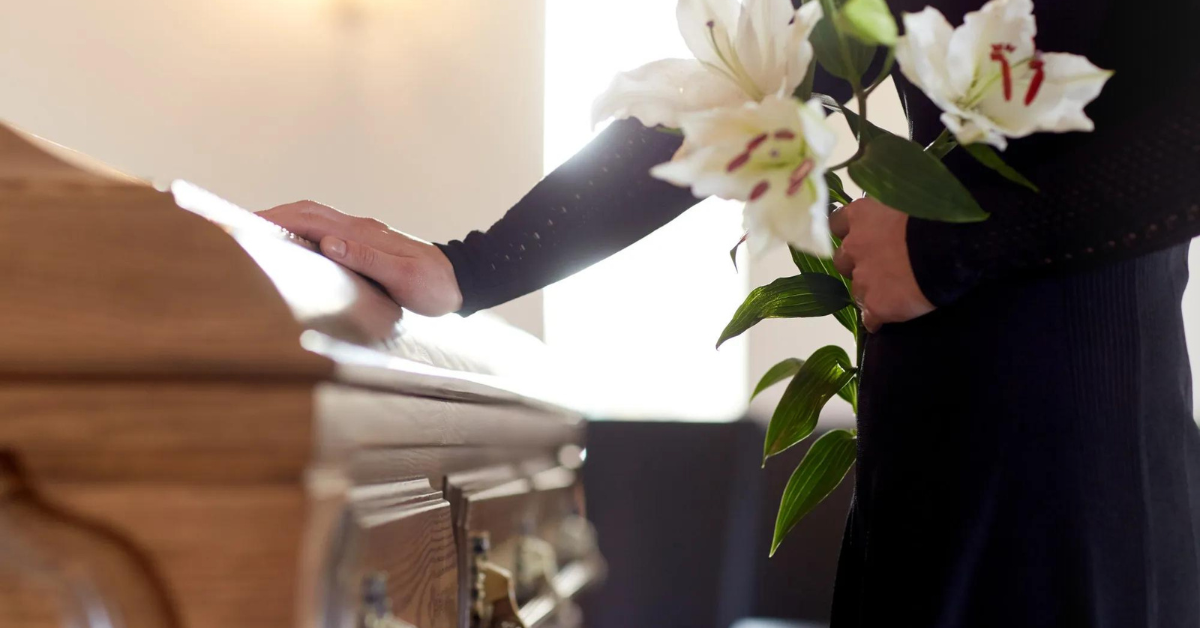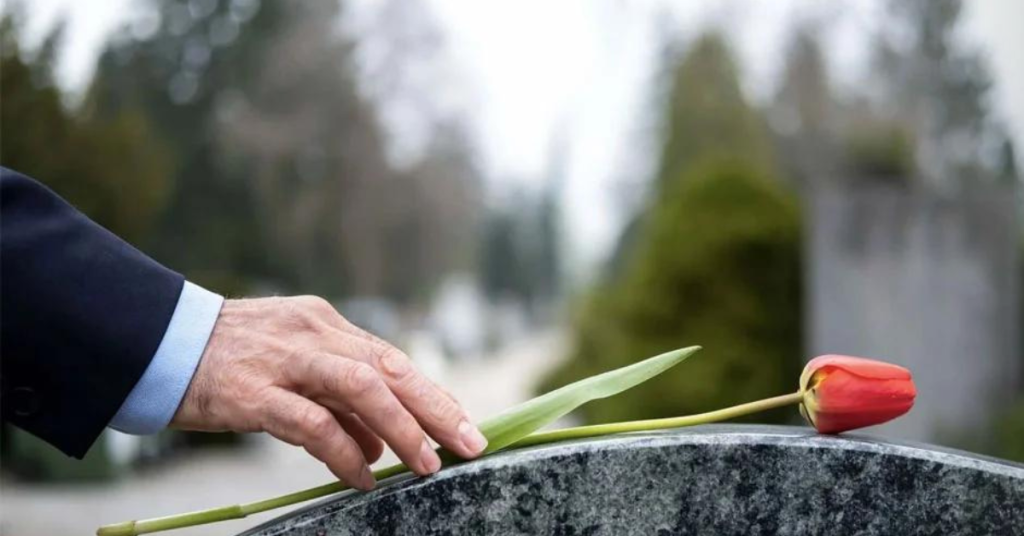Crafting a Heartfelt Goodbye with Careful Funeral Planning

Losing a loved one is incredibly tough, and planning a funeral can be overwhelming. However, a well-planned funeral helps in the grieving process by allowing family and friends to celebrate and find closure. This guide covers the essential steps in funeral preparation, personalizing the farewell, and financial considerations.
Understanding the Importance of Funeral Planning
Planning a funeral is not just about logistics; it’s about honoring the deceased and providing a space for grieving loved ones to come together. A meaningful ceremony can help individuals express their feelings, reflect on cherished memories, and support one another during this difficult time. A well-organized funeral can also alleviate some of the stress families face when they are already navigating their grief.
When families are faced with the reality of losing someone, the emotional weight often makes decision-making challenging. By following a structured approach to funeral planning, individuals can ensure that they make informed choices that align with their loved one’s wishes and values. This guide aims to equip bereaved families and funeral directors with practical insights to help them through this process seamlessly.
Steps in Funeral Preparation

Legal and Logistical Considerations
The first step in funeral preparation involves addressing the legal aspects surrounding death. It’s essential to obtain a death certificate, which will be required for various administrative tasks, including settling the deceased’s estate and arranging for burial or cremation. In many jurisdictions, funeral homes can assist with this process, relieving families of some of the immediate burdens.
Next, families should consider any pre-existing arrangements. Did the deceased express specific wishes regarding their funeral? Were there any plans made in advance? Understanding these wishes can guide families in planning a service that honors the individual’s preferences and values. If there are no existing arrangements, families will need to engage in discussions to make decisions on the specifics of the service.
Finally, it’s crucial to select a suitable funeral home. Take time to research different options in your area, read reviews, and ask for recommendations. Once you find a funeral home that resonates with your values, schedule a meeting to discuss your needs. The funeral director will help outline the services offered, guiding you through the planning process.
Choosing the Right Funeral Home and Director
Selecting the right funeral home and director is one of the most critical steps in funeral preparation. The funeral director will be your primary point of contact, so it’s essential to choose someone who is empathetic and willing to work closely with you. Look for a funeral home that prioritizes personalized service and is open to discussing various options without pressure.
During your consultations, ask about the types of services they offer. Some funeral homes specialize in traditional services, while others focus on cremation or alternative options. Consider visiting multiple funeral homes to compare services and pricing. It’s also advisable to inquire about any packages they may offer, which can streamline the planning process and potentially reduce costs.
Another vital aspect to consider is the location of the funeral home. Ideally, you want a facility that is easily accessible for family and friends. Proximity can significantly ease logistics, especially when coordinating visitations or memorial services.
Selecting Burial or Cremation
Deciding between burial and cremation is another fundamental choice in funeral planning. Each option has its own implications, so it’s essential to weigh the pros and cons carefully. Burials may appeal to families seeking a traditional approach, offering a tangible place for loved ones to visit and remember the deceased.
On the other hand, cremation has become an increasingly common alternative. It can be more cost-effective and allows for various memorialization options. Families can choose to scatter the ashes, keep them in an urn, or incorporate them into a unique memorial item. Burial vaults like those available in Salt Lake City can also be considered for preserving ashes. Engaging in open discussions about these options can help families arrive at a decision that best reflects the wishes of the deceased.
Be sure to consider any cultural or religious beliefs that may influence this decision, as they can significantly impact how families approach funerary practices. Ultimately, the goal is to select an option that honors the memory of the deceased while also accommodating the emotional needs of those left behind.
Personalize the Farewell
Creating a Meaningful Service
Personalization is key to crafting a memorable funeral service. Families should consider what made their loved one unique and how to reflect those qualities in the ceremony. This could involve showcasing photographs, displaying personal belongings, or sharing stories that illustrate the impact the individual had on their family and community.
One way to create a meaningful service is to incorporate personal touches, such as creating a memory table or a memory book where attendees can share their thoughts and reflections. You may also want to consider using digital technology. Live streaming the service allows those unable to attend in person to participate and pay their respects.
Additionally, consider incorporating rituals that were important to the deceased. Whether religious or cultural, these rituals can provide comfort and connection for those in attendance, making the service feel more genuine and heartfelt.
Financial and Practical Aspects
Understanding Funeral Costs
Navigating the financial aspects of a funeral can be daunting. Funerals can vary widely in cost, depending on the services selected and the funeral home chosen. To avoid surprises, it’s essential to have upfront conversations about pricing and available packages.
Common expenses to consider include the cost of the service itself, transportation, burial or cremation fees, and any additional services (such as flowers, catering, or memorial items). Many funeral homes are willing to provide itemized lists outlining potential costs, so don’t hesitate to ask for transparency in pricing.
Additionally, understanding consumer rights when it comes to funeral services is vital. The Federal Trade Commission (FTC) mandates that funeral homes provide clear disclosures about services and prices, ensuring families are informed before making decisions.
Pre-Planning for Future Funerals
While no one enjoys contemplating their own mortality, pre-planning for future funerals is a considerate choice that can alleviate burdens on loved ones. By discussing and documenting preferences regarding burial, cremation, and service details, individuals can ensure their wishes are respected.
Pre-planning also offers the opportunity to lock in current pricing, protecting families from potential increases in funeral costs. Many funeral homes offer pre-need contracts, allowing individuals to outline their preferences while making necessary financial arrangements.
Encouraging open dialogue about funeral planning within families fosters understanding and can help ease the emotional burden that comes with planning for loss. Ultimately, the goal is to create a plan that honors each individual’s wishes and provides comfort to their loved ones.
Read More: Signs of Alzheimer’s Disease: Recognizing Cognitive Changes
Conclusion
Planning a funeral can be an overwhelming task, particularly in times of grief. However, a well-structured and personalized farewell can significantly ease the grieving process and provide a meaningful opportunity to honor a loved one’s life.






